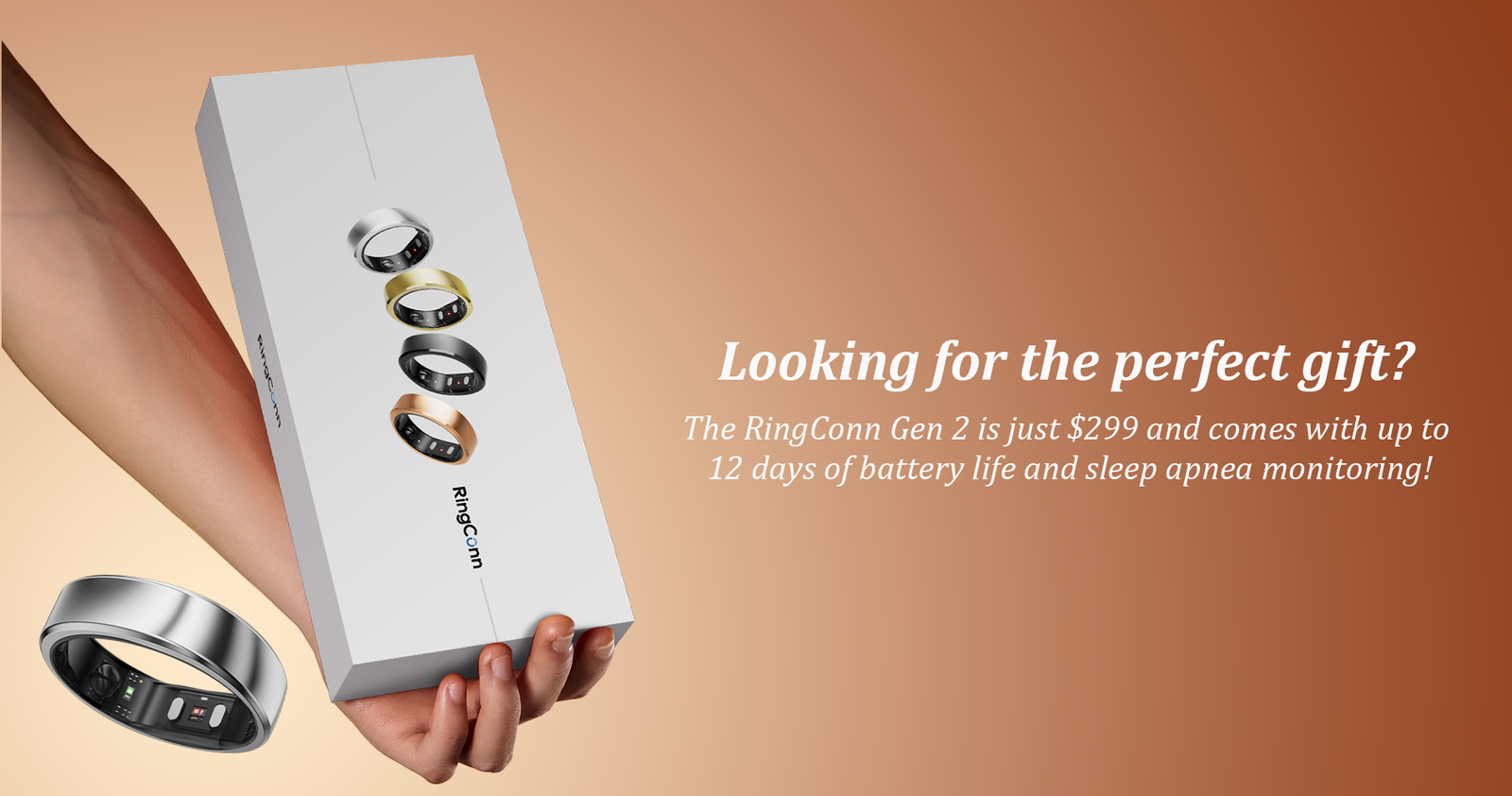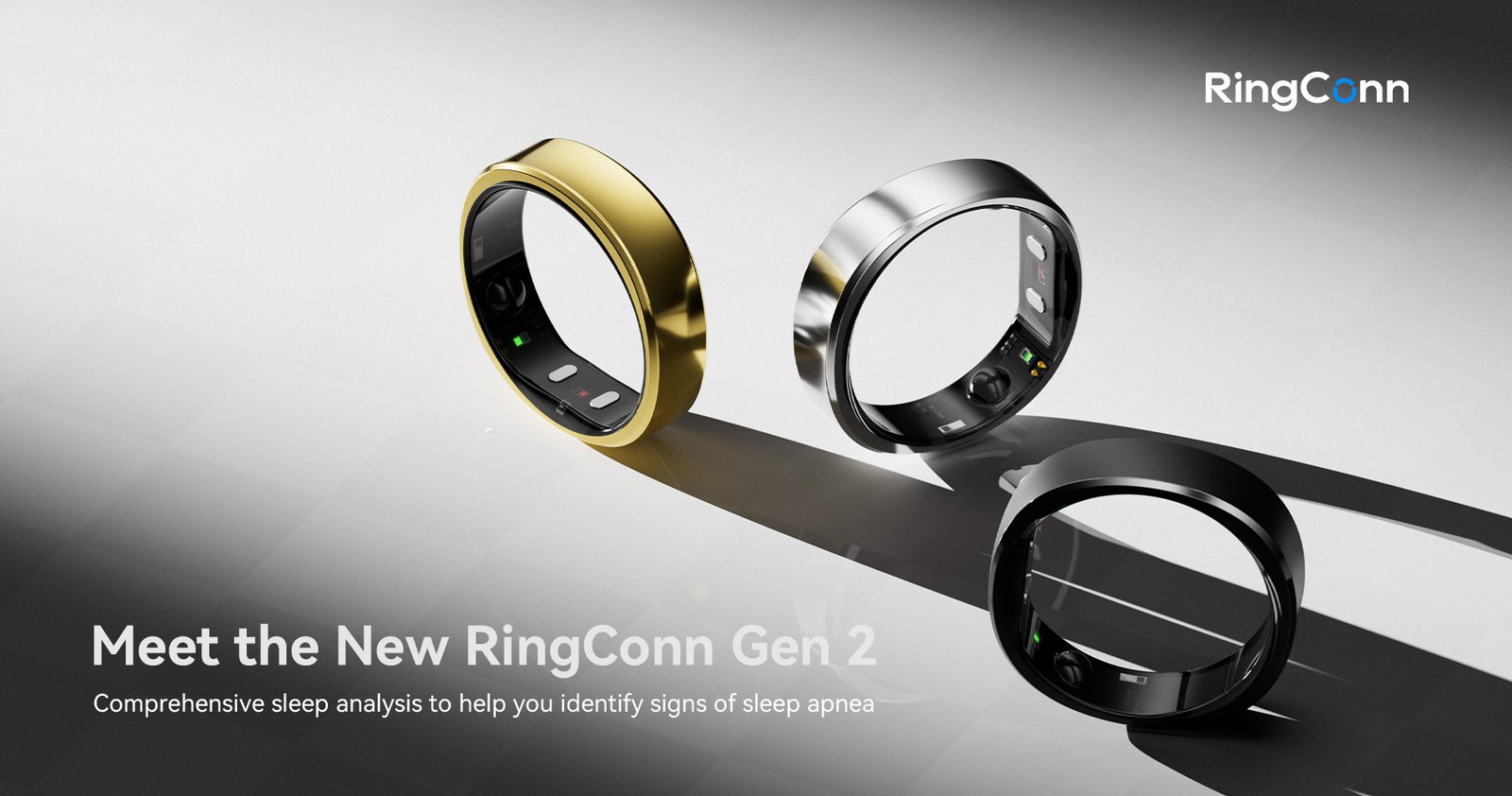When betrayal strikes—whether through infidelity, deceit, or emotional abandonment—the damage runs deeper than the immediate heartbreak. It’s not only the relationship that breaks down; our fundamental ability to trust is shaken at its core.
Betrayal doesn’t just take away a partner—it removes the illusion of safety we once believed in. The person we trusted most, who perhaps once swore their lifelong devotion, suddenly seems unrecognizable. In place of warmth and affection come evasion, late-night absences, and secret conversations. As we sift through the wreckage, one troubling question emerges: If I didn’t see this coming, how can I ever trust myself—or anyone else—again?
The Aftermath of Broken Trust
Emotional betrayal creates a kind of psychological scar. It’s not only about what the other person did, but about what it makes us feel about ourselves. We begin to doubt our judgment. We wonder whether we were naïve, blind, or simply unworthy. We replay moments of intimacy and sincerity that now seem fake, stained with the knowledge of what was to come.
This erosion of confidence extends beyond romance. Friends, colleagues, even strangers begin to seem less trustworthy. We grow hypervigilant, scanning for deception in every smile, every text, every slight delay in response. It’s a survival instinct—protecting us from future harm—but it comes at the cost of our emotional openness.
Why It Hurts So Deeply
Trust is not just a feature of relationships; it’s a building block of life. From childhood, we learn to expect consistency and kindness from those who care for us. As adults, we rely on the emotional promises of others—fidelity, honesty, support—to ground us. When these expectations are shattered, it can feel like the ground beneath us has vanished too.
What’s more, betrayal often isn’t loud or dramatic. It creeps in gradually: a change in tone, a reluctance to share, new patterns of behavior. We try to rationalize or explain it away. And when the truth finally surfaces, the pain is intensified by how long we didn’t—or couldn’t—see it.
Learning to Trust Again
Healing begins not with rushing to forgive or forget, but with understanding what trust really means. Trust isn’t certainty. It’s not the absence of risk. It’s a conscious decision to be vulnerable, to open ourselves despite knowing we could get hurt again.
That may sound terrifying in the aftermath of betrayal—but it also points to our strength. Trust is a gift we give, not a guarantee we demand. And just because it was once broken doesn’t mean it’s gone forever.
The first step toward recovery is rebuilding trust in ourselves. We must gently remind ourselves that being deceived doesn’t mean we were foolish. Believing in someone, loving deeply, hoping for the best—these are not flaws. They are expressions of our humanity. The problem lies not in our openness, but in the misuse of it by others.
Moving Forward With Awareness
One way to regain our balance is to shift from blind trust to informed trust. This doesn’t mean becoming cynical or suspicious—it means being thoughtful, noticing patterns, listening to intuition, and acknowledging red flags when they arise.
We also need to accept that we can’t control the behavior of others, no matter how closely we watch. What we can control is how we respond. We can decide not to abandon ourselves in the process of loving someone else. We can learn to establish boundaries, to express our needs clearly, and to walk away when they are consistently ignored.
Trust, ultimately, is an act of courage. After betrayal, that courage doesn’t come quickly. It comes in small, hesitant steps—a shared secret here, a vulnerable moment there. And it begins not in new relationships, but in the relationship we have with ourselves.
Hope After Hurt
Though the pain of betrayal may linger, it doesn’t have to define our future. People heal. They learn. They love again. Not with the same innocence, perhaps, but with a deeper appreciation for emotional honesty, for kindness, for mutual respect.
To trust again is not to forget the betrayal—it’s to grow wiser because of it. It’s to say: This hurt me deeply, but it didn’t destroy me. I am still capable of connection. I am still worthy of love.
In time, and with care, the fearful inner voice—“What if this happens again?”—grows quieter. And a new voice takes its place: “Even if it does, I know I will survive. I know how to protect myself. And I still believe in the beauty of being open to another.”
This is not naïveté. It’s resilience. And it’s what makes trust, even after betrayal, one of the most profound and brave choices we can make.





